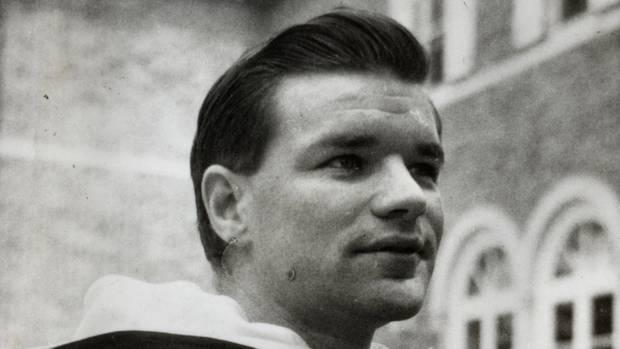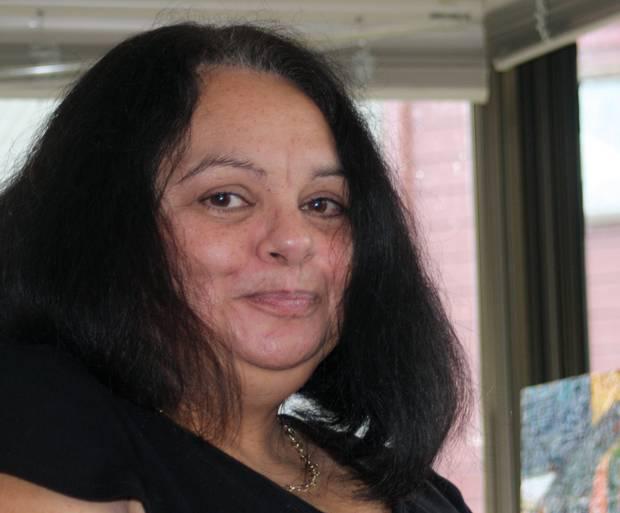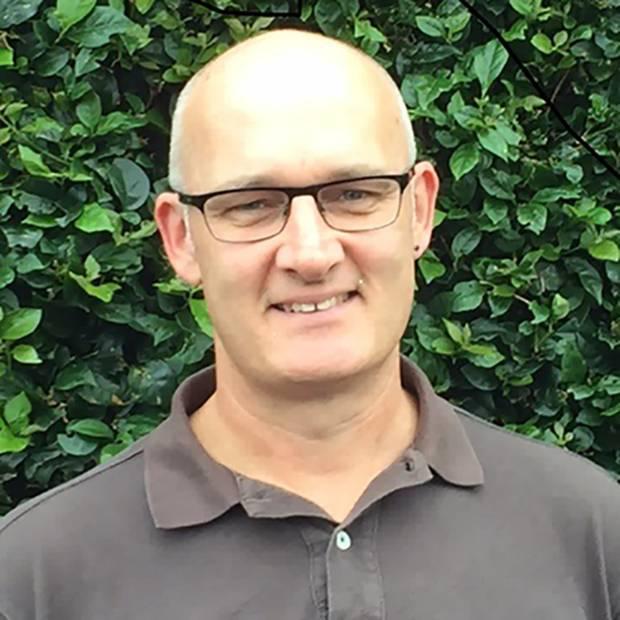|
The fallen father: Safe Network calls for end to secrecy over institutional sex abuse
By Mick Hall
An organisation that offers therapy to child sex abusers says more needs to be done by organisations referring clients to them to dismantle their own cultures of secrecy and silence. Auckland-based Safe Network spokesman Shane Harris said his organisation did significant work treating offenders by carrying out assessments and then offering appropriate clinical interventions to help curb their predatory sexual behaviour. But he said it was unethical for churches and other organisations not to involve the civil authorities when allegations or evidence of abuse first surfaced and that a bigger impact would be made if that wasn't the case. "We deal with various populations and the problem is everybody wants change, but nobody is willing to do anything about it," he said. "People are afraid to speak out or do the wrong thing. They don't opt to use the processes of the law to allow allegations to be pursued and instead keep things in the dark and refer people to us. It does seem unethical. "When things are brought into the light and the shit hits the fan, that's when things start to be addressed and you really begin to see change." Harris made his comments after former Northland school teacher Annie Hill, 56, revealed to the Herald her abuse at the hands of deceased priest Father Michael Shirres, who had been referred to Safe Network by the Catholic Church in 1993. He signed up for two years' therapy, which involved weekend retreats and weekly meetings. A second victim, Marcelle Kiely, 61, told the Herald a Safe Network therapist confided to her in 1994 that Shirres had been requested by him to unstack chairs, each one to symbolise a victim he must apologise to during a role play. The priest had reportedly put "several rows of chairs" across the room. Harris said Safe did not comment on individual cases but acknowledged that "symbolic therapy" had been the method used in the past. "Some therapists still use it today, cognitive therapy is used too," he said. He pointed out there was no provision in New Zealand law compelling therapists to inform police that a client had admitted to child sexual abuse unless a specific name of a victim had been mentioned. "It's a tricky area. If there's no specific crime to report, the police can't proceed with an investigation. It is made very clear from the start if a client mentions specific instances of abuse it will be reported to police and there have been people who have done so, with dire consequences for themselves. "But the stream purpose of gathering information on a person is to tailor appropriate clinical intervention, not to pursue a course of justice. General disclosure of abuse puts you on high alert, it lets you assess the client's situation, but that's it. "With any institution, whether it be a family or organisation, where people are aware that things aren't right there is a demand to speak out. To not do so doesn't do much for the fabric of society." Asked whether it was wrong that his office hadn't reported the activity of predatory priests to the civil authorities, the Catholic Bishop of Auckland Diocese, Pat Dunn, said the known victims of Shirres had not wanted the police involved and it was policy at the time to make victims' wishes a priority. "Our practice has been to encourage complainants to report such matters to the police, and to offer support in doing this," he said. Safe also involves itself with other groups like the Auckland Sexual Abuse HELP group to facilitate restorative justice meetings between victims and abusers. "This kind of wider systemic work can have a very power healing effect on both parties," Harris said.
|
.
Any original material on these pages is copyright © BishopAccountability.org 2004. Reproduce freely with attribution.


